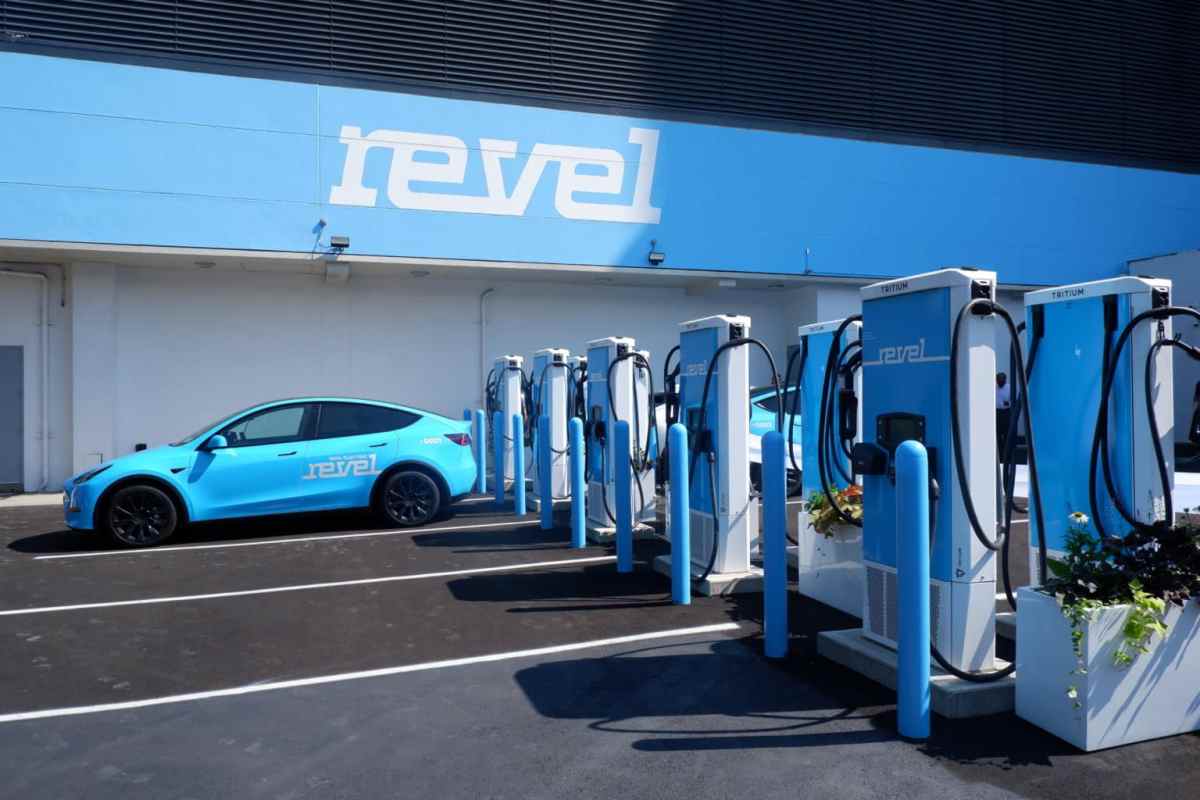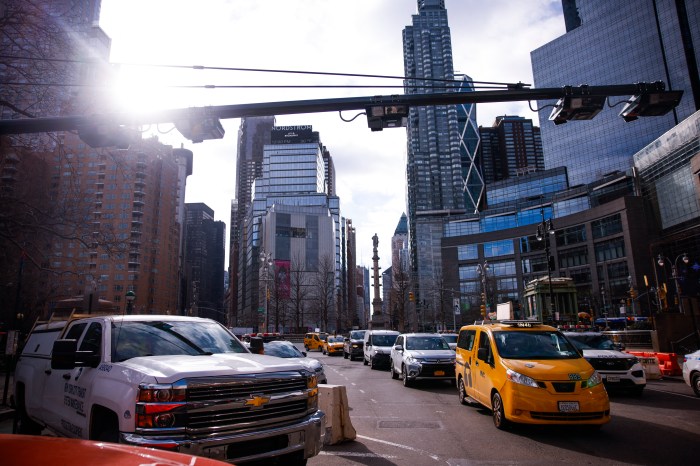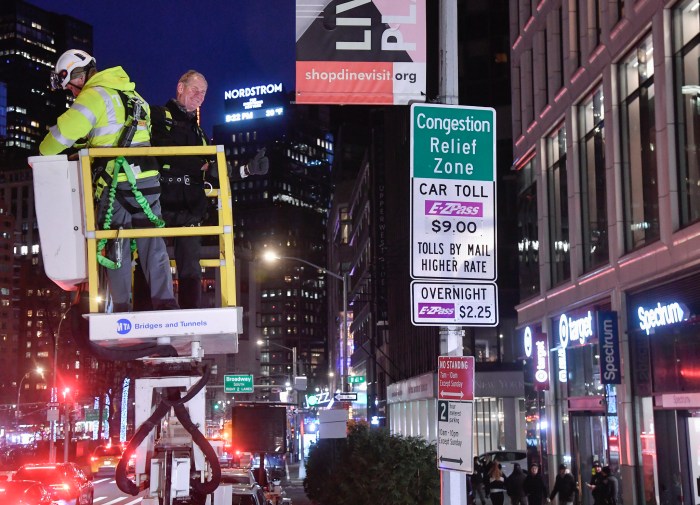Revel, the electric vehicle rideshare startup, is laying off its drivers and pivoting its business to an Uber-like contractor model.
The company will move its 1,000 drivers, who are currently full employees with hourly wages and benefits, to a contractor model with earnings based on fares this September, according to an email sent to employees by Vice President of Rideshare Operations Keith Williams and reviewed by amNewYork Metro. The news was first reported by Bloomberg on Thursday.
A spokesperson for the company said that, to executives’ surprise, Revel found that its drivers actually preferred the gig economy model, where they set their own hours, while running a pilot fare-based model this year.
“This is really in response to driver feedback,” said the spokesperson, Robert Familiar. “Flexibility is really the number one thing that drivers want.”
The company found that it struggled to recruit new drivers under the employee model, but about 80% of participants in the fare-based pilot said they were satisfied with it and would recommend it to another driver.
The startup is going to start allowing drivers to rent one of its distinct blue Teslas for $10 an hour; workers currently are provided with one of the vehicles.
Revel will open up recruiting for the gig model to any driver licensed with the Taxi & Limousine Commission, and those currently working for the company will be able to opt in; Familiar said about 200 had already done so as of Thursday afternoon.
Revel first made a name for itself in New York with an electric moped-sharing service. But ridership was on the decline ahead of the company’s decision last year to discontinue moped-share and focus its energy on its fully electric rideshare service, as well as its plans to build out EV charging infrastructure all over the city. The company has dozens of EV chargers in New York and plans to build 500 new charging ports across the five boroughs in the coming years.
While the company has become associated with blue Teslas, next year it will open the platform to anyone with access to an EV to drive under the Revel banner.
The company is competing with the more established Uber and Lyft as those companies stare down city regulations requiring 100% of their fleets be either electric or wheelchair-accessible by 2030. Since the regulations went into effect, the proportion of electric or wheelchair-accessible rideshare vehicles in the city has doubled.



































